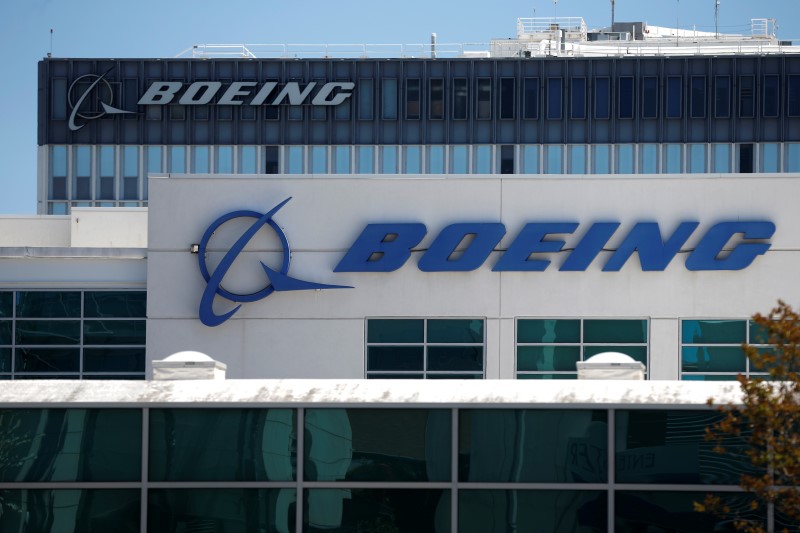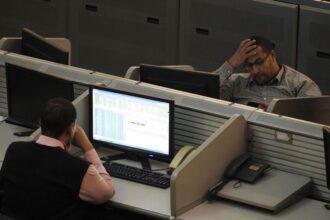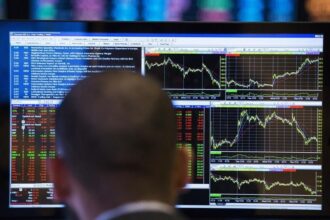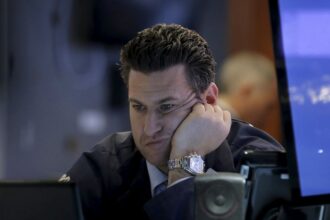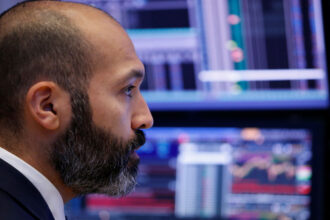© Reuters. FILE PHOTO: The Boeing logo is displayed on a screen, at the New York Stock Exchange (NYSE) in New York, U.S., August 7, 2019. REUTERS/Brendan McDermid
By David Shepardson
WASHINGTON (Reuters) – Boeing (NYSE:) Co said Tuesday it had named a former U.S. deputy secretary of state as a senior executive as the U.S. planemaker faces challenges around the world, including working to restart passenger airplane deliveries to Chinese carriers.
In an email to staff seen by Reuters, Boeing CEO Dave Calhoun said the company had named Steve Biegun as senior vice president of global public policy to “deepen our efforts in developing and executing a strategic global public policy plan while helping us strengthen important relationships with key stakeholders in the U.S. and around the world.
Boeing has more than 130 737 MAX airplanes in inventory for Chinese carriers but has been unable to deliver them amid U.S. China geopolitical tensions. State-owned China Eastern and China Southern last week said in filings they would resume taking delivery of the Boeing 737 MAX this year.
Biegun was named by then President Donald Trump as special envoy for North Korea before he was nominated and to serve as the No. 2 State Department official. Biegun is a former Ford Motor (NYSE:) head of international government relations who worked as a White House foreign policy aide under President George W. Bush.
Boeing faces tricky international issues around the world as it competes with Airbus for orders.
“The ability to be at the forefront of conversation with global decision makers on emerging policy changes relevant to our company, and industry at large, remains a business imperative,” Calhoun’s email said.
Last month, Boeing won a landmark order after two Saudi airlines agreed to buy 78 Boeing 787 Dreamliners and took options to buy another 43.
The White House said it was “pleased that Boeing was able to finally conclude these deals with Saudi Arabia after years of discussions, and intensive negotiations over recent months.”
Read the full article here


